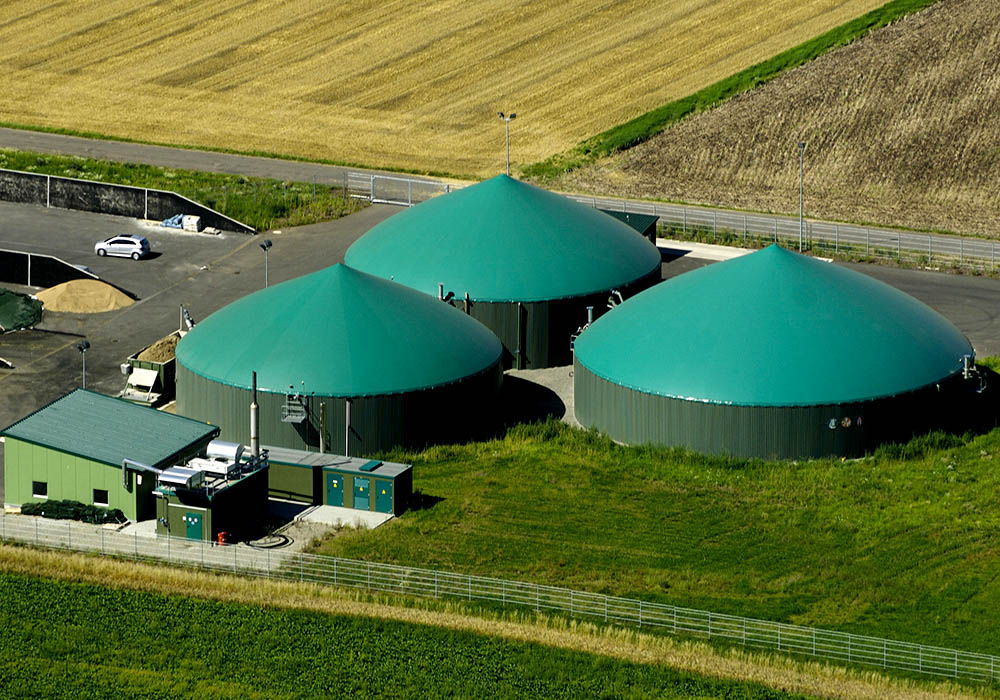In the loop | Tesco and the circular economy
Tesco Ireland operates 150+ stores in cities and towns across Ireland. Committed to a carbon neutral target by 2050, Tesco is a proud signatory of the Business in the Community Ireland (BITCI) Low Carbon Pledge.
VisionGreen supports Tesco by helping them reduce costs and emissions, and providing vital circular economy solutions for their food waste.
VisionGreen designed and implemented a process to transport food waste from its stores via their own fleet to an indigenous anaerobic digestion (AD) plant in Kildare, where the food waste was converted to biogas to heat six Tesco stores annually.
Tesco’s Problem
Prior to collaborating with VisionGreen, Tesco’s transport solution for collecting and recovering food waste from its nationwide stores was a source of heavy emissions.
Food waste recovered from stores was being transported across the border to Northern Ireland. To be converted into renewable energy via anaerobic digestion (AD). All associated food waste packaging was being sent to landfill or was being incinerated.
The VisionGreen Solution
VisionGreen worked with Tesco to significantly reduce their carbon footprint and waste material.
We designed and implemented a process to transport food waste from its stores via their own fleet. Eliminating the need for weekly store collections using diesel trucks and reducing transport emissions via backhauling.
Under this project, food waste has been processed by an indigenous anaerobic digestion (AD) plant, Green Generation in Kildare. Further reducing transport emissions by travelling shorter distance. All renewable energy generated from Tesco food waste is supplied back to Tesco and is used to heat its stores.
All associated food waste packaging is also fully recovered. With plastic used to make sustainable products like recycling bins, eco-road barriers and more by a local polymer engineering company – Paltech



Leave a Reply
You must be logged in to post a comment.